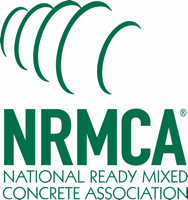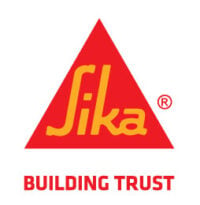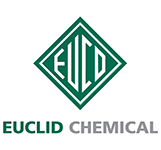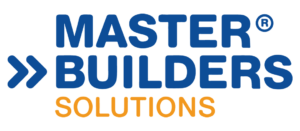Next class TBA
………………………………………..
Schedule
7:30 am: Registration
8:00 am: Overview of Quality Organization, Obla
8:45 am: Quantifying Impact of Quality Systems, Obla
9:30 am: Statistical Concepts for Monitoring Quality, MacDonald
10:00 am: Break
10:15 am: Monitoring and Controlling Water Content in Mixtures, MacDonald
11:00 am: Quantifying Variability of Ingredient Materials, Obla
11:45 am: Quantifying Variability Associated with Manufacturing, MacDonald
12:30 pm: Lunch
1:15 pm: Quantifying Variability Associated with Testing – Monitoring Test Data, MacDonald
2:00 pm: Producer Product Testing to Minimize Variability, MacDonald
2:30 pm: What to do with acceptance test data – Case study of 3 projects, Obla
3:00 pm: Break
3:15 pm: Impact of Specifications on Quality, MacDonald
3:45 pm: The Quality-Sustainability link, MacDonald
4:00 pm: Group Discussion and Q&A
………………………………………..
Purpose and Background
Improved concrete quality has far reaching benefits—in improved performance, reduced time and costs, a lower environmental footprint of concrete and an overall improvement in the quality of concrete construction. However it is hard to find a course focused on the subject of improving concrete quality. Based on quality surveys and award submissions, it has been observed that the industry does not commonly track quantifiable quality indicators and, as a result, the return on quality investments is not well understood. Improving Concrete Quality, a book authored by one of the instructors addresses these issues. That book, as well as other NRMCA resources provide the basic content for the course.
This course will delve into quantifying tangible and intangible benefits due to improved quality. It will discuss variability associated with concrete ingredient materials, manufacturing and testing—means to measure and thereby improve concrete quality. Basic statistical concepts will be presented to measure and monitor quality and to recognize when action is needed. Other key topics include recognizing abnormal material variation, tracking and improving batching accuracy including mixing water, internal testing, identifying non standard testing and initial curing, essential elements of a quality management system, internal audits, and tests a concrete producer should do.
What will you learn?
- How do you know if you have good quality?
- What should be your quality metric?
- How to become more profitable through better quality?
- What are all the key statistical calculations you need to know in concrete?
- How to control the mixing water content in concrete?
- How to deal with temperature and delivery time variations?
- What is the most effective way to ensure that your material ingredients are of good quality?
- How to improve batching accuracy, mixing uniformity?
- How to identify non standard testing and curing?
- How to improve testing quality?
- Tests a producer should do, internal audits and many more…
Who Should Attend?
This course will be of significant value to concrete producers who will come away with readily implementable steps to manage variability and attain a more consistent product thereby seeing performance benefits and cost savings. Concrete ingredient material suppliers will benefit by understanding the needs of their customers and to develop information on variability that can help their quality systems.
The course will help testing labs measure and improve testing quality.
Design professionals can benefit from this course by recognizing the opportunity for improved quality in concrete construction and the evolution to performance based specifications.
Text/handouts – Publications worth $500+
- Improving Concrete Quality book
- Print out of the presentations
- NRMCA QC Manual Section 1 – Ready Mixed Concrete Quality Control Guide
- Quality Management System for Ready Mixed Concrete Companies (on CD)
- NRMCA Quality Award, Survey and Certification Information
- Variables that Influence Concrete Compressive Strength
- Code and Standards Requirements for Acceptance Testing – Presentation with notes and checklist
- NRMCA/ASCC Pre-Construction Checklist
- Related Technology in Practice topics
- Related Specification in Practice topics and P2P Presentation
Instructors
Kevin A. MacDonald, FACI, is president and principal, Beton Consulting Engineers LLC, Mendota Heights, MN, with specific expertise in the production and performance of concrete. He is a licensed professional engineer in Minnesota and Ontario, Canada, and is a fellow of ACI. MacDonald co-chairs ACI subcommittee 130-B, Production/Transport/Construction; ACI committee 306, Cold Weather Concreting; chairs the NACE task group; and the TAC awards task group and is an active member of several ACI committees. He is the current president of the ACI Minnesota chapter and serves on the Steering Committee of the Aggregate & Ready Mix Association of Minnesota.





